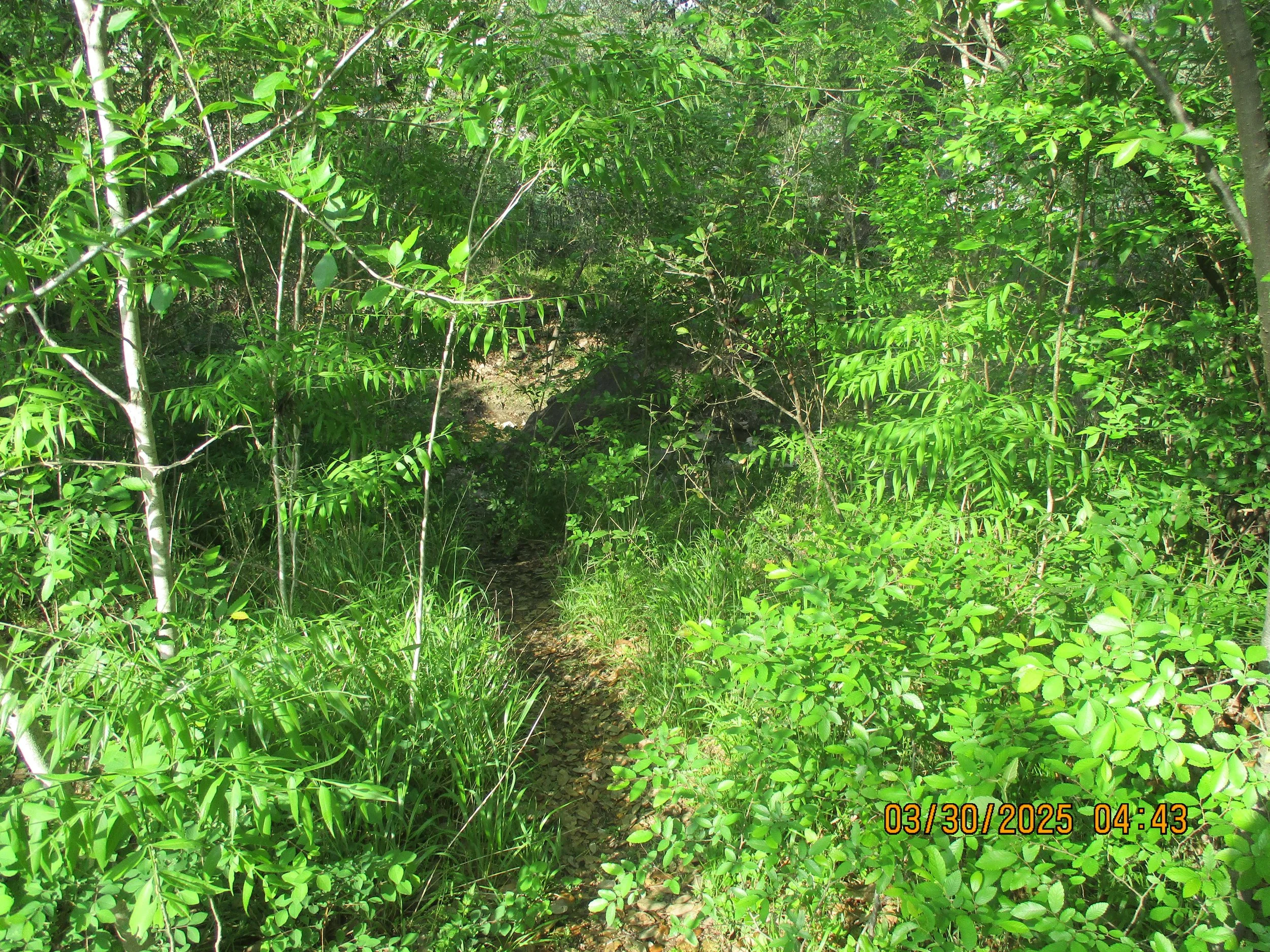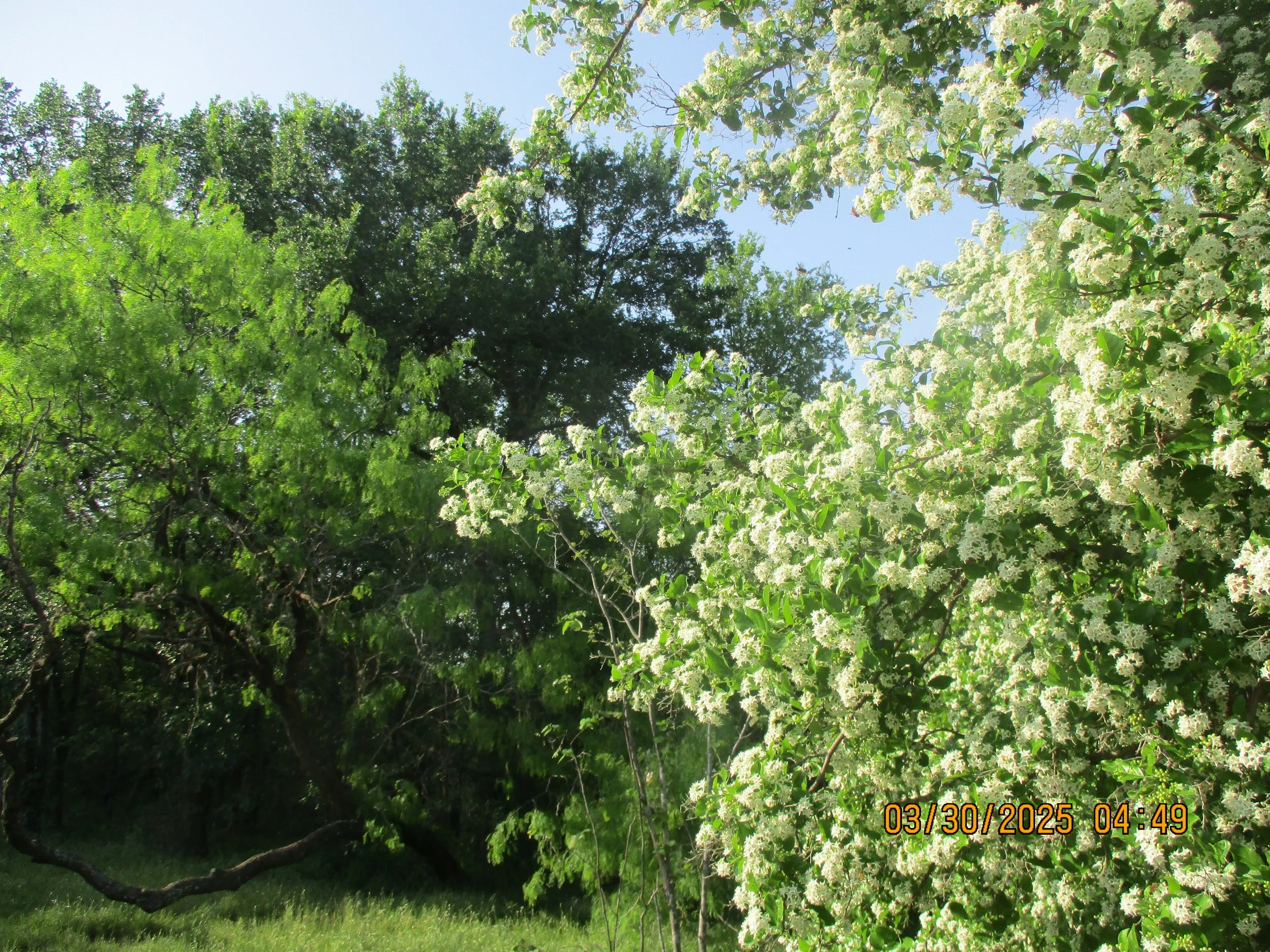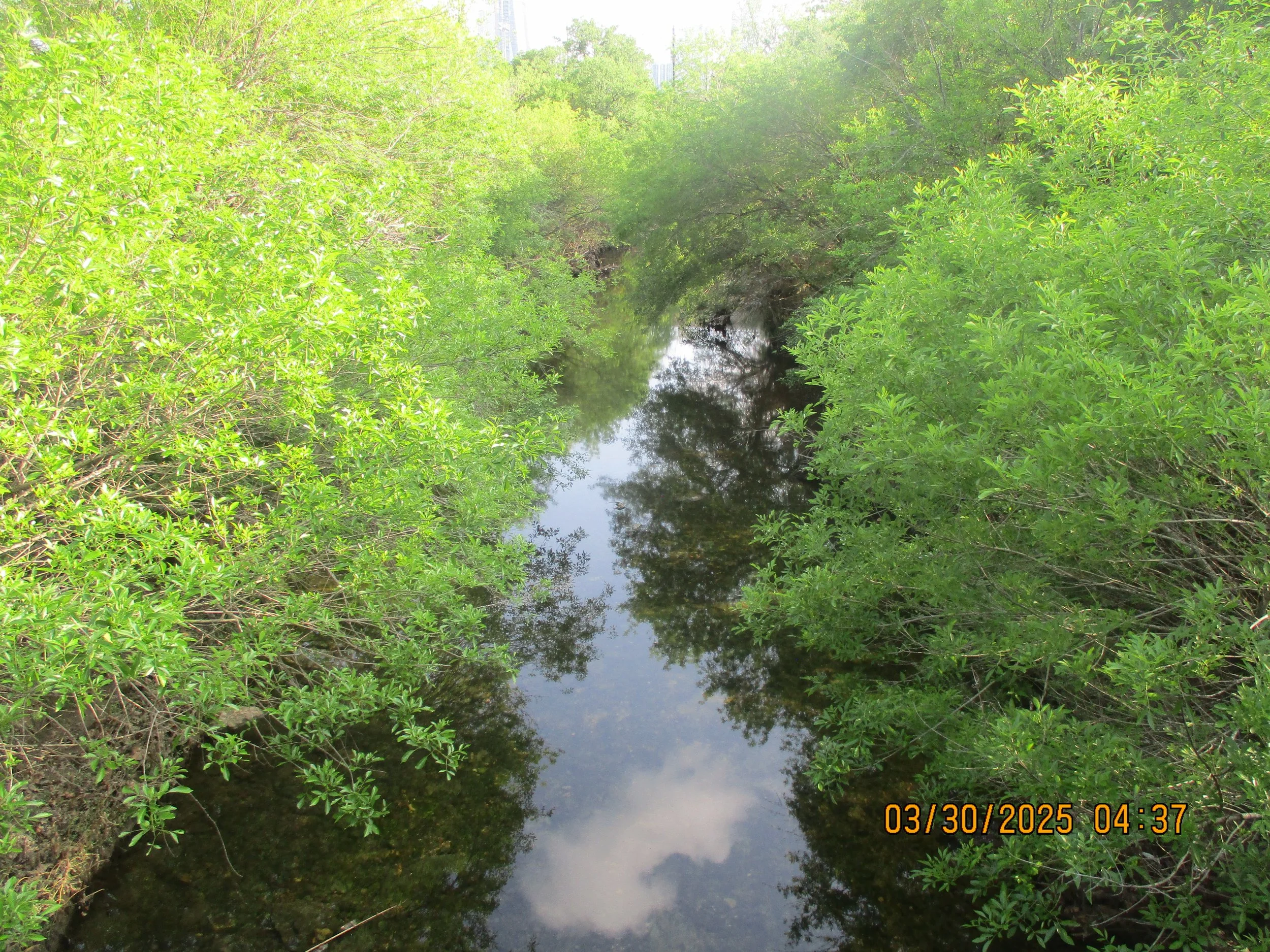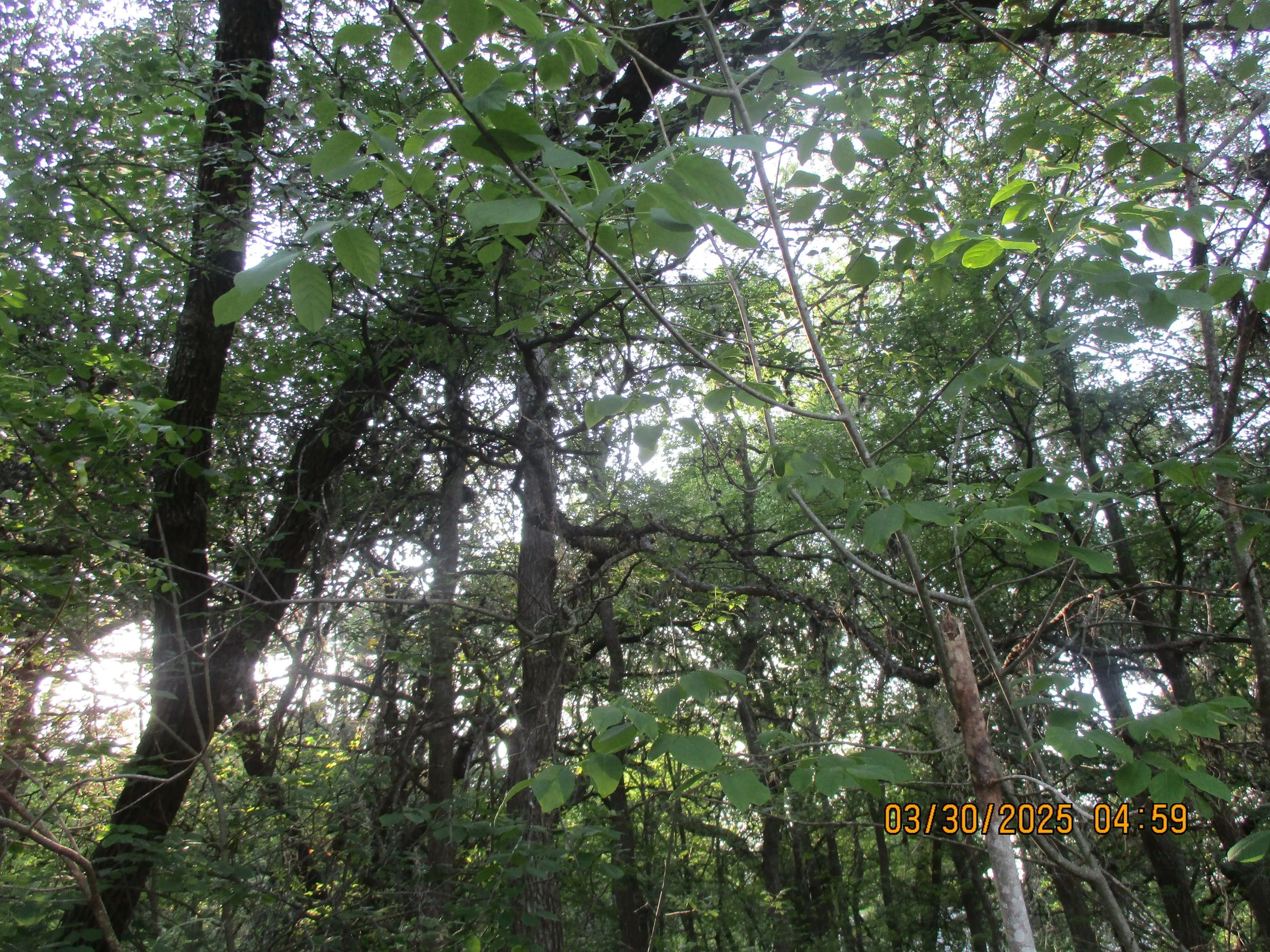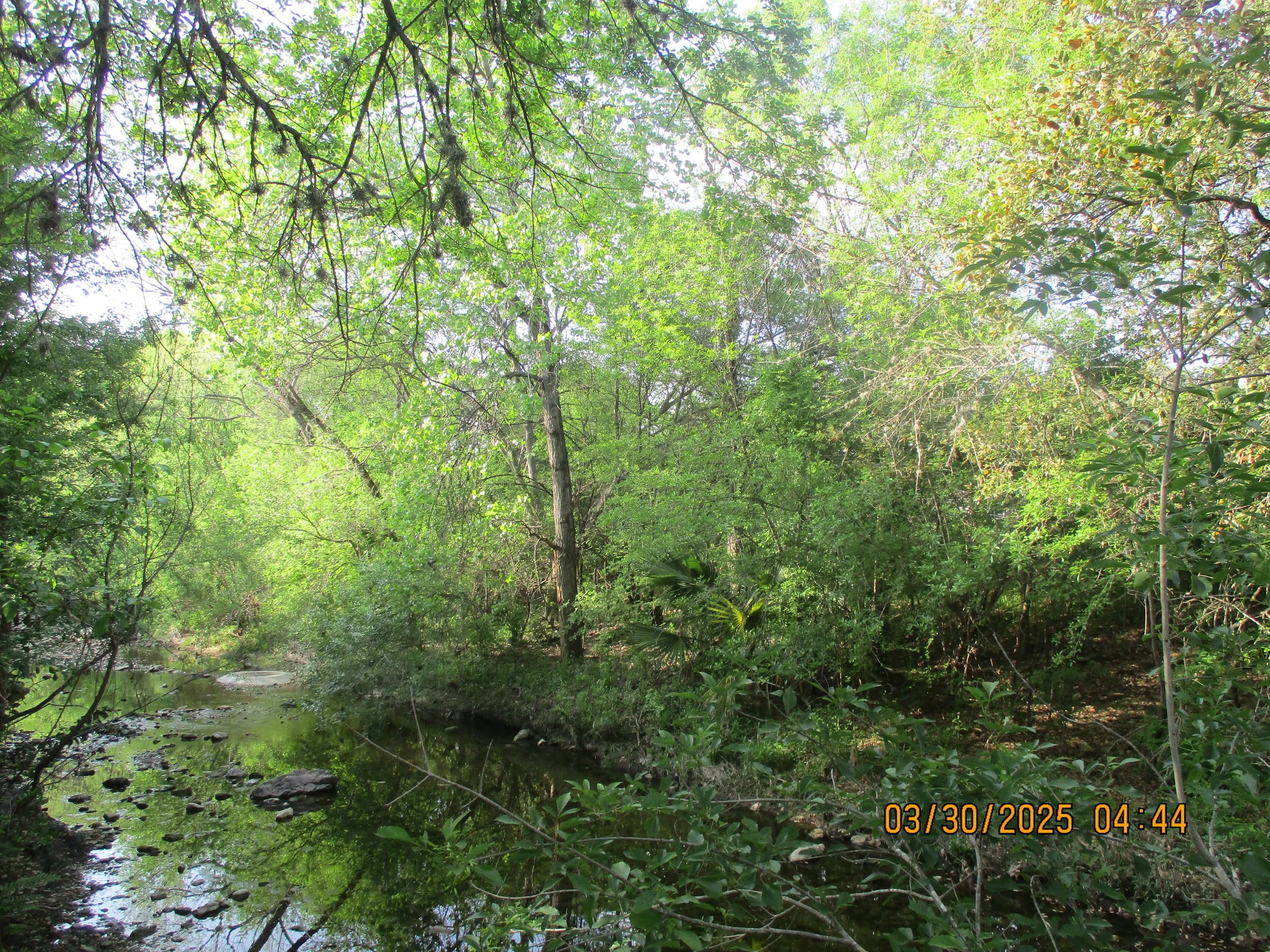Listening for Birdsong: Memory, Nature and Ecological Nostalgia
My childhood sounded like mourning doves. Their calls blended into the background of quiet school mornings, back when I could wake up with the sun. Sometimes I can hear their soft coos from the seventh floor of my apartment, and I close my eyes and see the early rays of sunlight peeking through the shutters of my childhood bedroom. The memories are warm and help me remember what it was like being a kid, when the future was far away and anything was possible.
Strangers on the internet agree with me, too. I’ve stumbled across videos on TikTok of anything, really, with the calls of mourning doves audible in the background. People write in the comments, “Why does your neighborhood sound like my childhood?” or, “This video sounds so nostalgic.”
Why do we long for the sound of doves? They’re still around. Maybe we yearn for more than just the songs of birds heard through younger ears. Maybe, in an ever-modernizing world, we are grasping onto the bits of nature we can. I became curious about this phenomenon, and my research led me to the term “ecological nostalgia.”
Once characterized as a disease from the 17th to 19th century, nostalgia is a common feeling defined by the Oxford Dictionary as “a sentimental longing or wistful affection for the past, typically for a period or place with happy personal associations.” We’ve all experienced it at some point, whether we’re reminiscing on fun high school days or remembering what our childhood home looked like. But what if some kinds of nostalgia can supersede individual experience?
Every person has experienced nature to some extent throughout history. However, human society has been developing rapidly throughout recent centuries, and we are moving further and further from the days we lived primarily in nature. Urban spaces have become more common and populated while rainforests dwindle. Ecological nostalgia refers to the yearning for a time when we were closer to nature.
Dr. Jason Lambacher, , a professor of political and environmental topics at The University of Washington Bothell (UWB), granted me permission to cite his work, “Politics of Ecological Nostalgia,” a comprehensive review of the meaning and applications of ecological nostalgia in a modern world. According to him, ecological nostalgia is “a retrospection about past environments, shifting baselines, and making sense of ‘new normals.’” The world is constantly changing, and it looks less and less natural as time passes and civilizations modernize. I grew up in the suburbs, but I remember when the houses in my neighborhood were fewer and farther between, and the gaps were filled in by forest. My small city has significantly expanded, pushing nature more out of reach, making my world a little less green.
In the scale of a lifetime, these societal changes feel less drastic because we are able to experience all the in-between moments. However, in the scale of human civilization as a whole, our world is changing at an alarming rate. Pollution has increased rapidly with development, and climate change accelerates in turn. Lambacher thinks “ecological nostalgia can also help us make sense of the present by tracking what is missing, hidden, or underground.” While nostalgia is a past-centered emotion, it can also be “an invitation to remember what has been forgotten, and to not mistake present ecological conditions as inevitable or something that ‘ought to be.’”
In this case, nostalgia is not only a wistful longing for a better time, but a motivation to improve the future. We cannot reverse the effects of modernization and pollution, but we can think carefully about our relationship to the environment — and how we can make it look like the past we yearn for. I might not be able to bring back the woods around my childhood home, but I can make an effort to look for nature. City life prevents me from submerging myself in the wilderness, but nearby areas like Pease Park offer a break from urban life and a quiet place to sit under the trees. Ecological nostalgia motivates me to appreciate the nature around me, and the sentiment can bring people together to advocate for better. Whether this is nicer parks, more trees, or broader environmental reform, a shared longing for a more natural time can connect people. This can create communities around the world that want to support, protect and improve nature together.
After examining how ecological nostalgia may manifest in more urban areas, I grew curious how ecological nostalgia manifests in other, more rural parts of the world. In my research, I came across a paper by Renan Martins Pereira, a Ph.D. student in social anthropology at the Federal University of São Carlos. This work analyzes the book Ecological Nostalgias by Olivia Ange and David Berlinger (two anthropology professors at Université Libre de Bruxelles). The book curates a comprehensive review of eight ethnographies, individually examining how specific groups of people react to their changing environments and the ecological nostalgias present in these different cultures.
One of the most personally fascinating ethnographies is described in the second chapter, where an anthropologist named Kirsten Hastrup analyzes the effects of polar ice caps melting on the inhabitants of the Arctic. According to her, polar ice caps are “memory repositories.” As they melt, the memories of Arctic hunters and scientists are destroyed with them. This perspective suggests how ecological nostalgias become present as the environment begins to fall apart completely.
Written by researcher Madeleine Sallusito,, the more optimistic third chapter features the studies of “neo-peasant” initiatives in south-central France. She observes how these “neo-peasants” revert back to more traditional practices of rural European communities “with the aim of proposing an alternative way of life that is more respectful of the environment.” As such, ecological nostalgias allow us to better understand our place in nature and decide how we want to live our lives in relation to it. This perspective resonates with me, as understanding my own relationship with nature has allowed me to make time for enjoying it. To me, nature often provides a safe space where I can let out a breath and forget the rest of my life for a moment. The sound of rustling leaves mingled with bird calls and running water feels like a cozy blanket to my hyperactive mind. By understanding the relaxation natural places bring me, I can structure my life to allow myself these moments.
Other chapters of Ecological Nostalgias examine similar phenomena in different communities and introduce the idea that plants, water and land hold memory as well as humans. Things like land and ice may act “as [vessels] of environmental and social history.” These ethnographies not only describe how different cultures react to their changing environments, but characterize the environment as “not a mere object or repository of human action and representation.” This perspective further highlights the importance of nature in our lives, especially if we choose to view nature as a collection of our history.
Ecological nostalgia is a fairly new concept, and it can be a complex topic regarding the connections between humans and the environment. It is a yearning for nature, a drive to live differently and a motivation for environmental reform, big or small. Ecological nostalgia and your relationship with nature are also whatever you make of them — I still think of the sound of mourning doves, connecting me back to my childhood while I try to make time to walk in the park.
Realizing and identifying our personal connections to nature and our feelings of ecological nostalgia can allow us to take steps to fulfill the longing. Even if you may not resonate with the feeling, making an effort to put yourself in natural environments can form a meaningful connection. These connections not only improve our lives individually, but can be a step toward becoming a part of wider environmental action. Finally, our environments are often changing, especially urban areas, and nature can be a comforting constant amidst the chaos.
Sometimes, in a rapidly changing environment, all we can do is take a breath and listen for the sound of birdsong.
